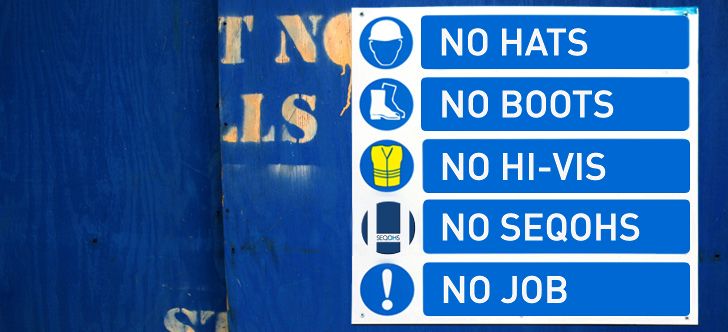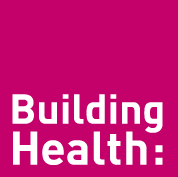Health Surveillance
Meeting your statutory obligations
Health Surveillance
Monitoring health and early identification of occupational health issues

Health surveillance is about systematic, regular checks on workers to identify early signs of ill health, and then acting on the results. Health surveillance is needed to protect workers who are at an increased risk, identify work-related ill health at an early stage so that steps can be taken to treat the condition and prevent further damage; and give early warning that protective control measures are no longer effective.
Health surveillance does not reduce the need to eliminate or manage health risks.
Formal health surveillance is only necessary if work damages health in a particular way and the following three factors all apply, there is a valid way to detect a disease or condition and it is reasonably likely that damage to health will occur under the particular conditions at work and health surveillance is likely to benefit the employee.
An example is noise. Very loud noise damages hearing. Hearing tests can detect the effect of noise on the hearing of people who work in noisy conditions. Hearing tests will benefit employees by identifying those at risk so that you can take measures to protect them and improve working conditions.
